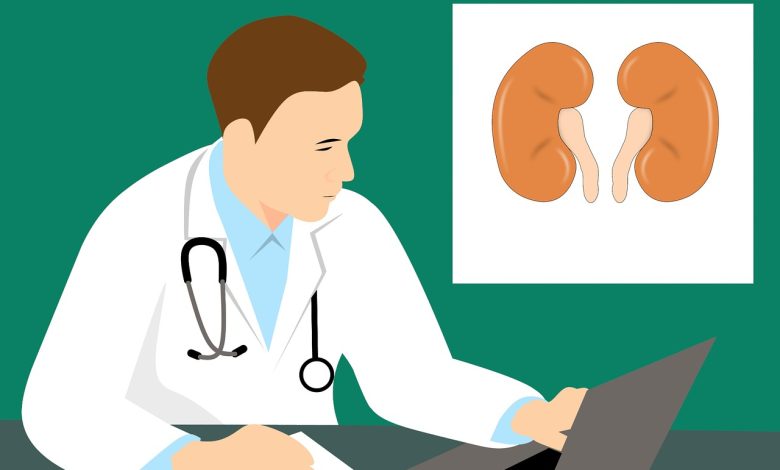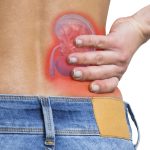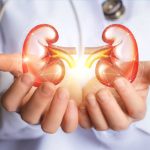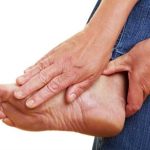List Of Medications That Cause Kidney Stones

Mayo clinic defines kidney stones also known as renal calculi, nephrolithiasis or urolithiasis as hard deposits made of minerals and salts that form inside your kidneys.. Kidney stones can affect any part of your urinary tract — from your kidneys to your bladder. Often, stones form when the urine becomes concentrated, allowing minerals to crystallize and stick together.
Passing kidney stones can be quite painful, but the stones usually cause no permanent damage if they’re recognized in a timely fashion. They can vary in size and shape, ranging from as small as a grain of sand to as large as a golf ball.
Symptoms of kidney stones can include severe pain in the back, side, or lower abdomen, nausea and vomiting, fever and chills, and blood in the urine. In some cases, kidney stones can pass through the urinary tract on their own, but in other cases, medical intervention may be necessary to remove them.
The causes of kidney stones can vary, but common factors include dehydration, high levels of certain minerals or salts in the urine, and certain medical conditions such as gout and inflammatory bowel disease.
Medication Induced Kidney Stones
While there are many factors that can contribute to kidney stone formation, including genetics and diet, certain medications can also increase the risk of kidney stone formation. These medications may lead to metabolic abnormalities that enable the formation of stones.
Here is a list of medications that can cause kidney stone formation:
Calcium-based antacids
Antacids containing calcium carbonate can increase the risk of kidney stone formation, especially if used over a long period of time. This is because the excess calcium in the urine can combine with other substances, such as oxalate, to form kidney stones. Examples include Gaviscon, Tums, Rolaids, and Caltrate.
Diuretics
Diuretics, also known as water pills, are medications that increase urine output. While they can be helpful in treating conditions such as high blood pressure and heart failure, they can also increase the risk of kidney stone formation. This is because diuretics can lead to dehydration, which can cause the minerals and salts in urine to become more concentrated and form stones. Diuretics include Bumetanide (Bumex) Ethacrynic acid (Edecrin) Furosemide (Lasix)
Topiramate
Topiramate is a medication used to treat seizures and migraines. It has been shown to increase the amount of calcium in the urine, which can lead to a higher risk of calcium phosphate kidney stones. Brands of topiramate include Eprontia, Qudexy XR, Topamax, Topiragen and Trokendi XR.
Protease inhibitors
Protease inhibitors are a type of medication used to treat HIV infection. They can cause the formation of indinavir stones, which are a type of kidney stone made of the drug itself. Examples of protease inhibitors include Ritonavir, Saquinavir, and Indinavir.
Triamterene
Triamterene is a medication used to treat high blood pressure. It can cause the formation of kidney stones made of a compound called triamterene. Brand names of this drug include Dyrenium.
Sulfa-containing medications
Some medications, such as certain antibiotics and diuretics, contain sulfa. While not everyone who takes these medications will develop kidney stones, some studies have suggested that sulfa-containing drugs may increase the risk. Common examples of Sulfa-containing medications include sulfasalazine (Azulfidine, Azulfidine EN-tabs), acetazolamide xr (Diamox Sequels), acetyl sulfisoxazole pediatric suspension (Gantrisin), sulfisoxazole (Trixazole), and Zonegran (zonisamide (Zonegran).
Vitamin C supplements
While vitamin C is an important nutrient for overall health, taking high doses in supplement form can increase the risk of kidney stone formation. This is because vitamin C can be metabolized into oxalate, which can combine with calcium in the urine to form stones.
Certain antipsychotic medications
Some antipsychotic medications, such as chlorpromazine, can increase the risk of kidney stone formation. This may be due to the fact that they can cause dehydration or alter the chemical composition of urine.
It’s important to note that not everyone who takes these medications will develop kidney stones, and the risk may be influenced by factors such as age, gender, and family history. If you are taking any medications and have concerns about your risk of kidney stones, it’s best to talk to your healthcare provider. They can help you weigh the potential benefits and risks of your medication and suggest ways to reduce your risk of kidney stone formation. Additionally, maintaining a healthy diet, staying hydrated, and exercising regularly can all help reduce your risk of developing kidney stones.
How To Prevent Kidney Stones
Drug induced kidney stones can be a painful and uncomfortable experience. Here are some ways you can help prevent kidney stones from forming:
1. Drink plenty of fluids: Staying hydrated is one of the most important things you can do to prevent kidney stones. Aim to drink at least 8-10 glasses of water a day, or more if you’re physically active or live in a hot climate. Other fluids such as fruit juice or herbal tea may also be helpful.
2. Reduce your intake of salt and animal protein: Eating too much salt and animal protein can increase your risk of developing kidney stones. Try to limit your intake of salty foods, processed foods, and red meat. Instead, eat more fruits, vegetables, and whole grains.
3. Avoid high-oxalate foods: Some foods, such as spinach, beets, rhubarb, and chocolate, are high in oxalate, which can increase the risk of calcium oxalate kidney stones. If you are prone to kidney stones, you may want to limit your intake of these foods.
4. Get enough calcium: While it may seem counterintuitive, getting enough calcium in your diet can actually help prevent kidney stones. Calcium binds with oxalate in the intestine, reducing the amount of oxalate that enters the urine. However, it’s important to get your calcium from foods rather than supplements.
5. Limit your intake of vitamin C supplements: Taking high doses of vitamin C supplements can increase the risk of kidney stone formation, as vitamin C can be metabolized into oxalate. If you need to take vitamin C supplements, try to limit your daily intake to 500mg or less.
6. Avoid dehydration: Dehydration can cause the minerals and salts in urine to become more concentrated, increasing the risk of kidney stone formation. Be sure to drink plenty of fluids, especially during hot weather or if you’re exercising.
7. Talk to your doctor: If you have a history of kidney stones or are at a higher risk due to factors such as family history or certain medical conditions, talk to your doctor about ways to reduce your risk. They may recommend medication or other interventions to help prevent kidney stones.
In summary, preventing drug induced kidney stones involves staying hydrated, eating a healthy diet, and avoiding certain foods and supplements that can increase the risk of stone formation. By taking these steps, you can help reduce your risk of kidney stones and promote overall kidney health.





